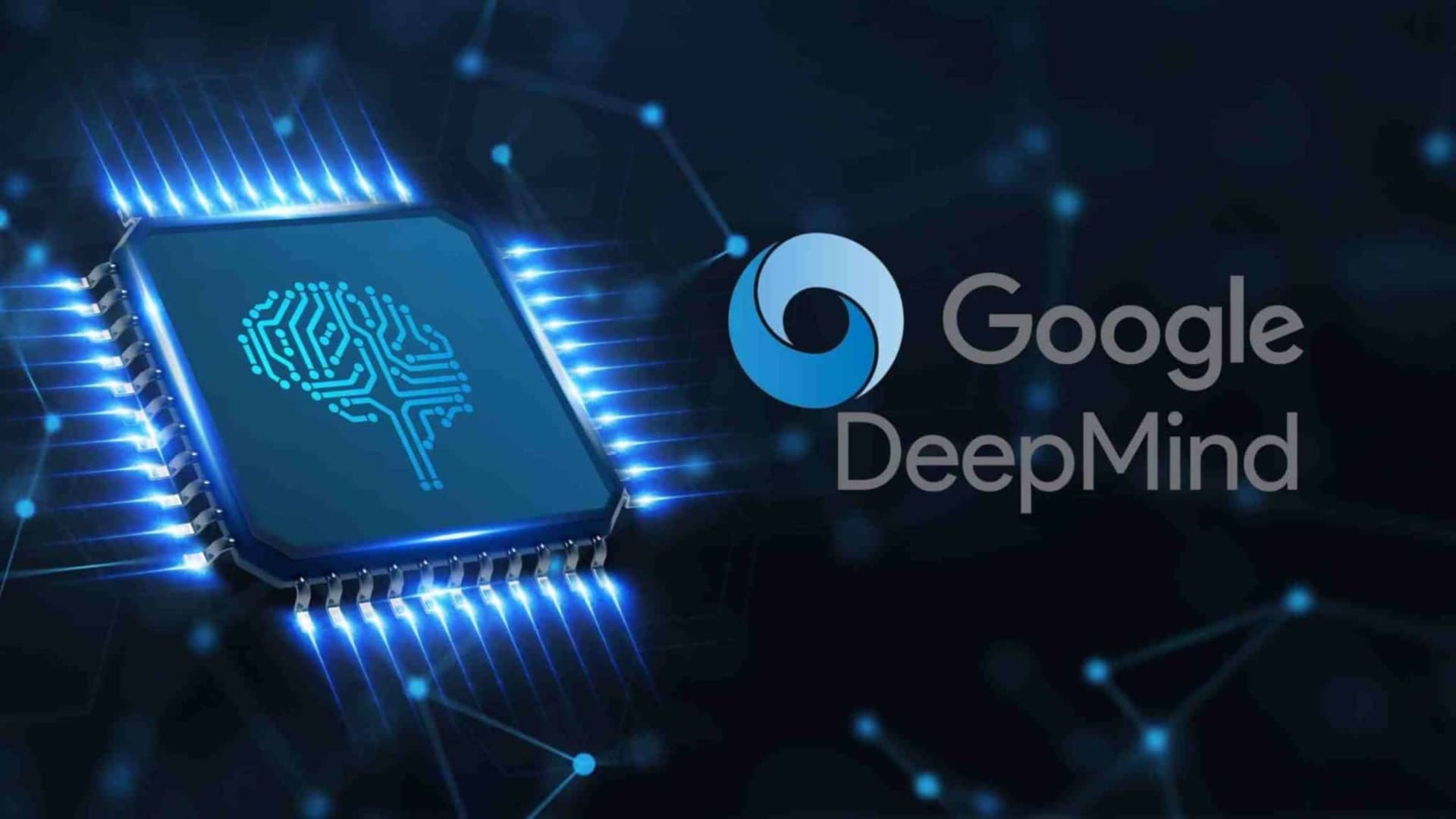Google DeepMind unveils RecurrentGemma: A new leap in language model efficiency
Explore how Google DeepMind's new RecurrentGemma model excels in efficiency and performance, offering a viable alternative to transformer-based models.

Google’s DeepMind has recently published an enlightening research paper detailing their latest innovation, RecurrentGemma, a language model that not only matches but potentially exceeds the capabilities of transformer-based models while consuming significantly less memory. This development heralds a new era of high-performance language models that can operate effectively in environments with limited resources.
RecurrentGemma builds upon the innovative Griffin architecture developed by Google, which cleverly integrates linear recurrences with local attention mechanisms to enhance language processing. This model maintains a fixed-sized state that reduces memory usage dramatically, enabling efficient processing of extended sequences. DeepMind offers a pre-trained model boasting 2 billion non-embedding parameters and an instruction-tuned variant, both of which demonstrate performance on par with the well-known Gemma-2B model despite a reduced training dataset.
The connection between Gemma and its successor, RecurrentGemma, lies in their shared characteristics: both are capable of operating within resource-constrained settings such as mobile devices and utilise similar pre-training data and techniques, including RLHF (Reinforcement Learning from Human Feedback).
The revolutionary Griffin architecture
Described as a hybrid model, Griffin was introduced by DeepMind as a solution that merges two distinct technological approaches. This design allows it to manage lengthy information sequences more efficiently while maintaining focus on the most recent data inputs. This dual capability significantly enhances data processing throughput and reduces latency compared to traditional transformer models.
The Griffin model, comprising variations named Hawk and Griffin, has demonstrated substantial inference-time benefits, supporting longer sequence extrapolation and efficient data copying and retrieval capabilities. These attributes make it a formidable competitor to conventional transformer models that rely on global attention.
RecurrentGemma’s competitive edge and real-world implications
RecurrentGemma stands out by maintaining consistent throughput across various sequence lengths, unlike traditional transformer models that struggle with extended sequences. This model’s bounded state size allows for the generation of indefinitely long sequences without the typical constraints imposed by memory availability in devices.
However, it’s important to note that while RecurrentGemma excels in handling shorter sequences, its performance can slightly lag behind transformer models like Gemma-2B with extremely long sequences that surpass its local attention span.
The significance of DeepMind’s RecurrentGemma lies in its potential to redefine the operational capabilities of language models, suggesting a shift towards more efficient architectures that do not depend on transformer technology. This breakthrough paves the way for broader applications of language models in scenarios where computational resources are limited, thus extending their utility beyond traditional high-resource environments.
















